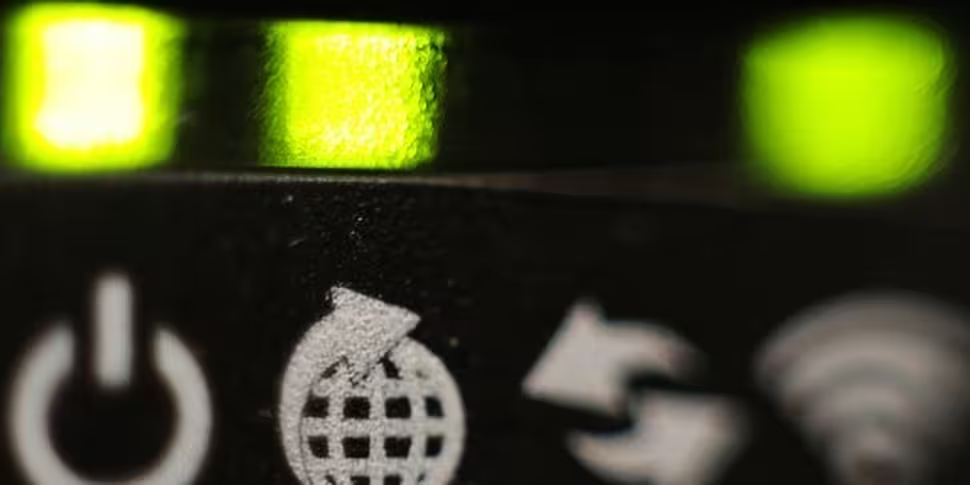The Government will consider a motion passed by the Dáil to review the bidding process for the National Broadband Plan.
Last week, it was announced that Eir had pulled out of the running to get the contract to provide the service - leaving the enet consortium as the only remaining bidder.
Siro - a joint venture launched by Vodafone and the ESB - also pulled out of the process last year.
In the Dáil this afternoon, TDs passed a motion from Fianna Fáil calling for an independent review of the tendering process.
The proposed review, which the motion says should be completed in two months, would look at whether the tendering process is 'inhibiting participation by suitable bidders'.
<blockquote class="twitter-tweet" data-lang="en"><p lang="en" dir="ltr">Dail opposition motion on National Broadband Plan, the 'What on God's earth are yee at?' version, has just been passed.</p>— Stephen Donnelly (@DonnellyStephen) <a href="https://twitter.com/DonnellyStephen/status/961590265923424257?ref_src=twsrc%5Etfw">February 8, 2018</a></blockquote>
<script async src="https://platform.twitter.com/widgets.js" charset="utf-8"></script>
The Government has opposed the motion, saying a review would only delay the roll-out of broadband around the country.
Denis Naughten this afternoon appeared before the Communications, Climate Action and Environment Committee to answer questions about the National Broadband Plan.
He insisted he hasn't ignored any decision by Dáil Éireann to date.
Minister Naughten told members of the committee: "Absolutely we will be considering the decision that was made today.
"It's not my intention to ignore the Dáil in relation to this."
Minister Naughten also reiterated his belief that the National Broadband Plan will be completed, stating: "Will people get broadband? Yes, they will - every single home, every single farm, every single business will get access to high-speed broadband.
"The question is when will they get it. When this Government was formed, about five out of ten premises in Ireland had access to high-speed broadband. Today, that's seven out of ten - by the end of the year it will be eight out of ten."
He added: "By 2020, it'll be a minimum of nine out of ten - it may be higher than that."
Additional reporting by Stephen McNeice









